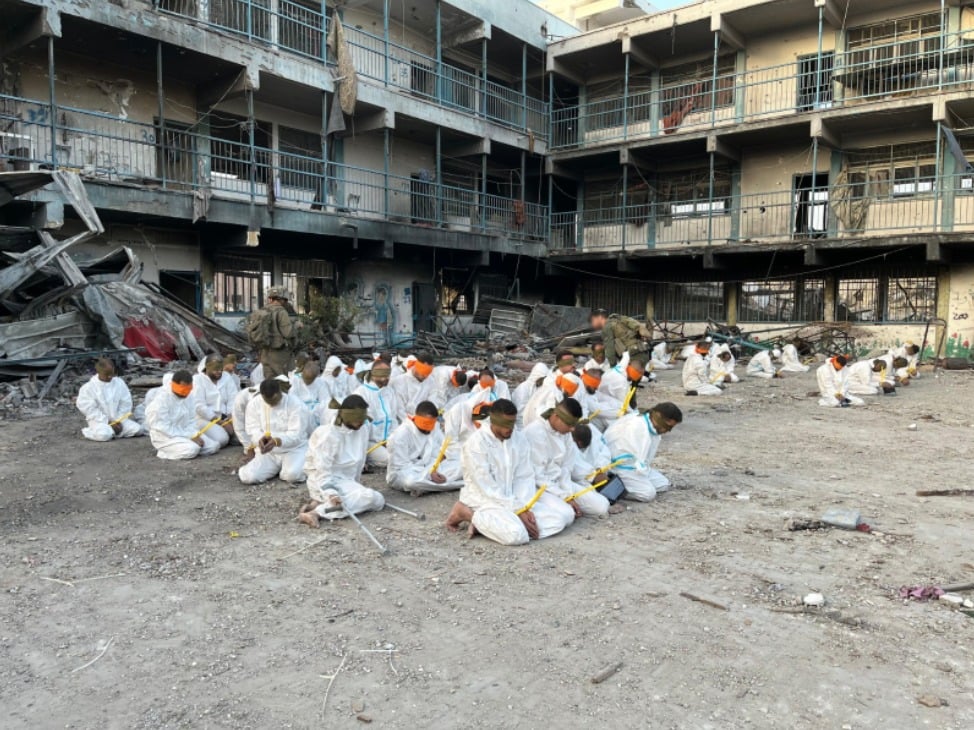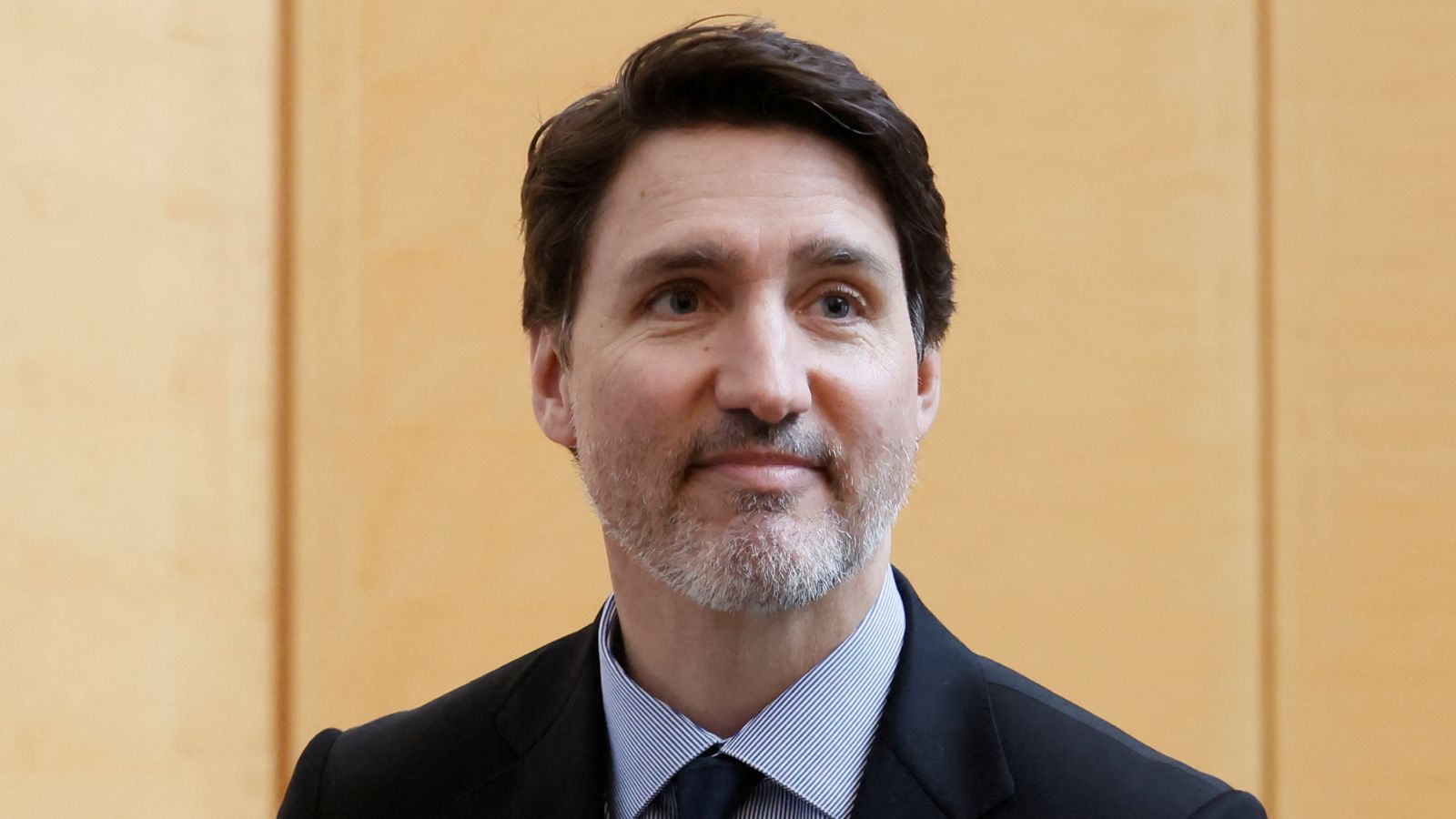For more than two months, mass demonstrations have dominated Georgia, a small, yet strategically vital, country in the South Caucasus. These protests initially erupted in response to parliamentary elections in late October, widely regarded by international and local observers as fraudulent. The government's actions have sparked a wave of unrest unseen since Georgia's 2003 Rose Revolution. Georgian Dream's transformation from a pro-Western coalition in 2012 to its current pro-Russian iteration is not surprising for those who follow Georgian politics. Georgia's historical relationship with Russia is marked by betrayal. The current protests are the culmination of these grievances and fears. With Georgia's EU membership aspirations enjoying widespread public support, the government's decision to suspend talks has galvanized even those who previously supported Georgian Dream. The international community must pay closer attention to Georgia for two critical reasons. First, Georgia's strategic location makes it a geopolitical linchpin. Second, Georgia's crisis offers Russia an opportunity for intervention. The current protests are not just about electoral fraud or the EU membership suspension; they are about Georgia's identity and its place in the world. Georgia is at a crossroads, and its future hangs in the balance. The international community must not turn a blind eye. What happens in Georgia will not stay in Georgia -- it will reverberate across the region and beyond.
 image sourced from original article at https://www.arabnews.com/node/2585154
image sourced from original article at https://www.arabnews.com/node/2585154Original article source: https://www.arabnews.com/node/2585154
Source Id: 2025-01-592745768




